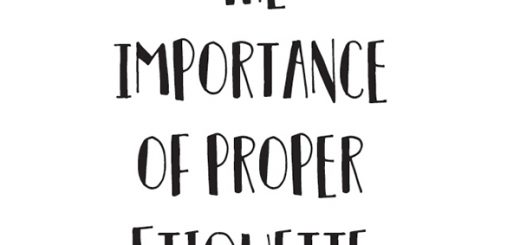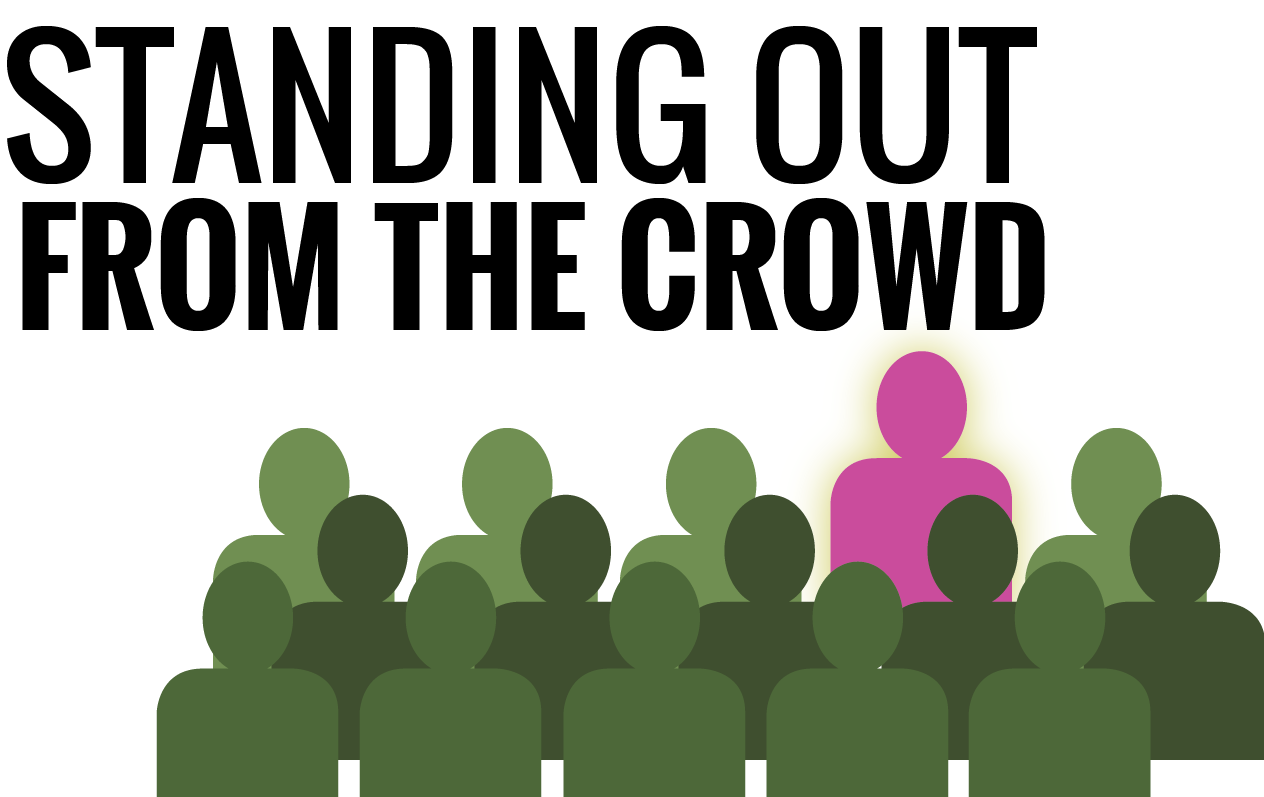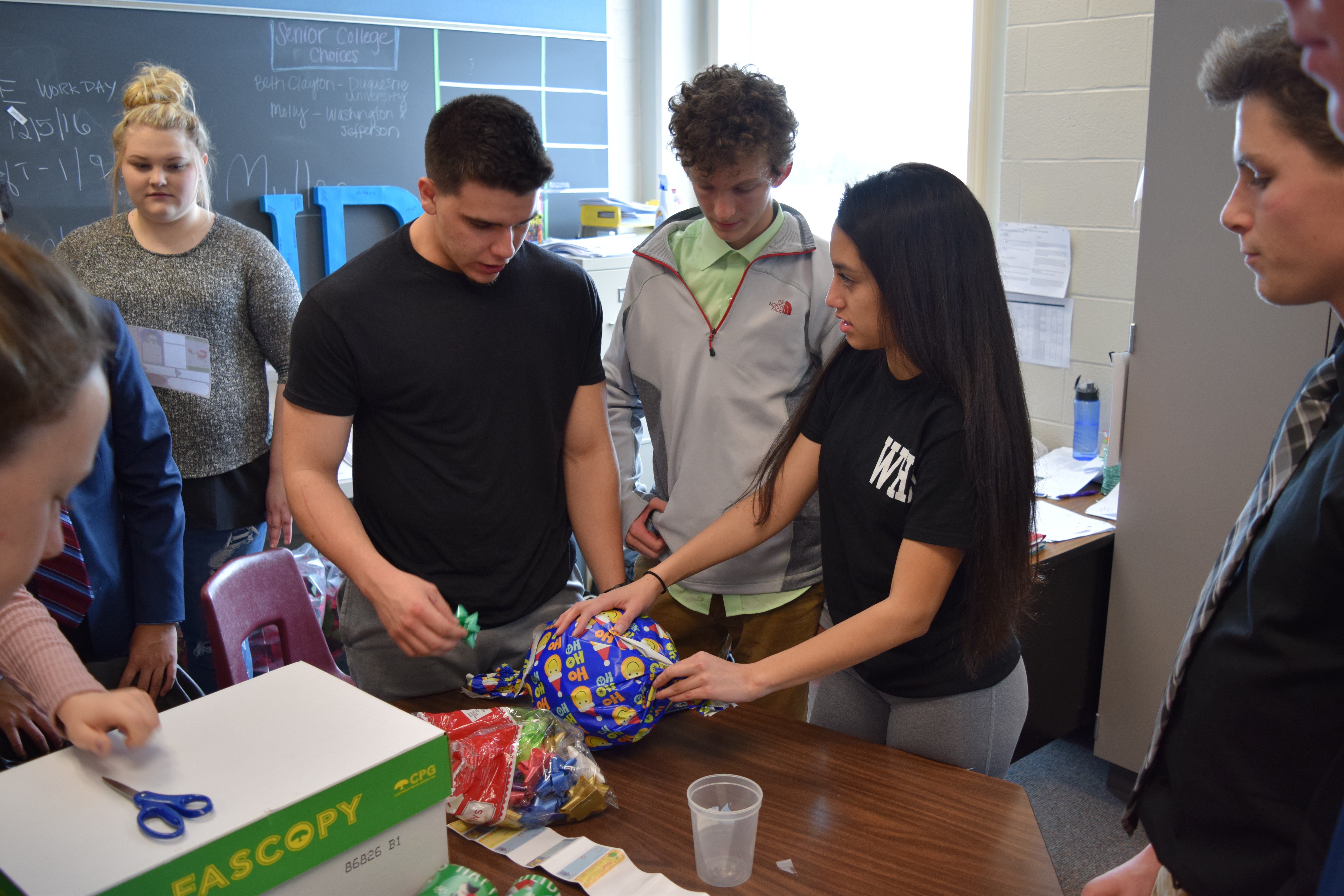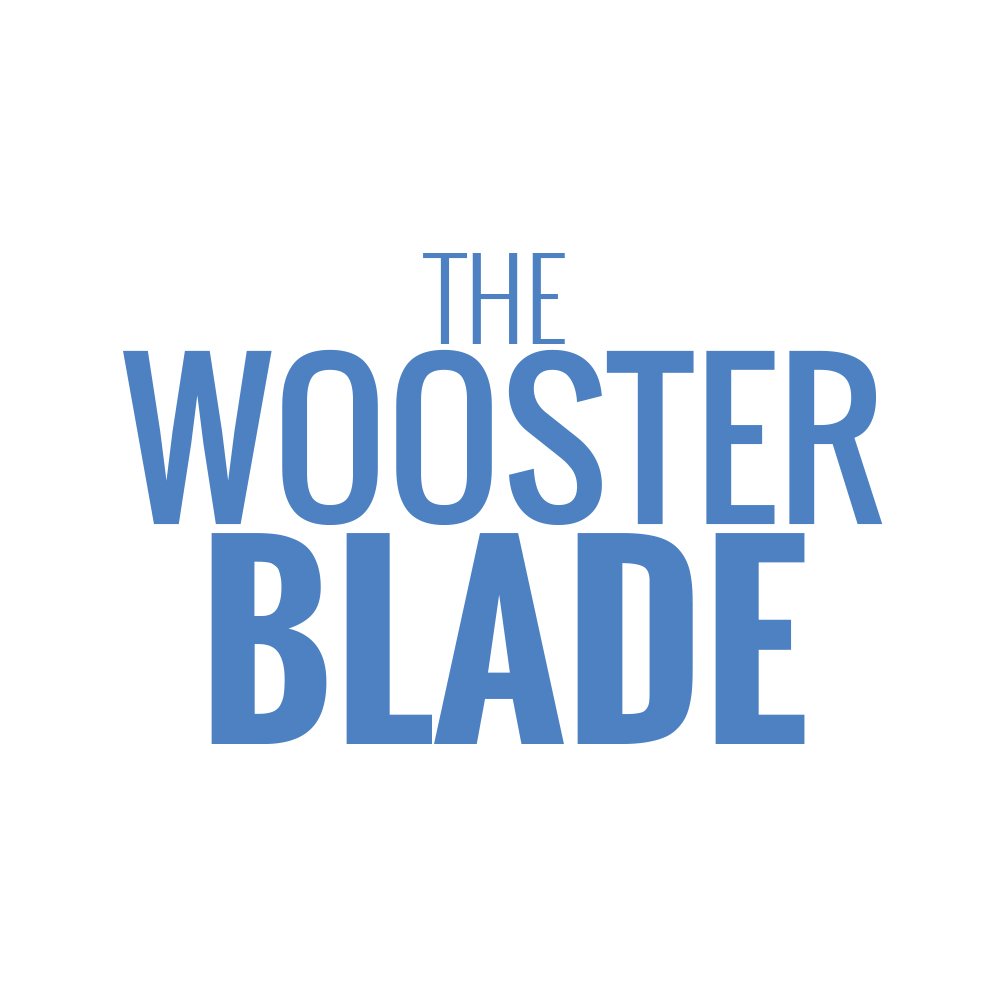Why make time for recreational reading
Confucius once said, “No matter how busy you may think you are, you must find time
for reading, or surrender yourself to self-chosen ignorance.”
Today, however, many students at WHS struggle to make time for recreational reading, especially in an age when many high school students have packed schedules and multiple extracurricular activities.
According to a poll of 140 WHS students on March 21 and March 22, about 89 percent of students agree that recreational reading outside of school is beneficial.
In the same poll, however, only 38 students stated they have read four or more books for recreation in the past year.
Aware that the books read in their class may be the only ones students are reading, WHS English teachers strive to assign books of literary merit to which students can relate. In doing so, they hope to not only teach valuable literacy skills, but cultivate a love of reading that would motivate students to make time for this activity outside of school and for the rest of their life.
English Dept. Member Jennifer Wright notes required books in her classes are drawn from a wide array of sources.
“I look at classical reading lists, what’s recommended by the world’s top universities. I also look at newspaper reviews, student suggestions, library lists and consider my own opinion,” Wright said.
English Dept. members Chelsey Porter and Jill Coppola agree with this process. Porter adds that in her method of choosing books, “…the main question [for eighth grade English students] this year is “Who am I?”, so all of our books are about identity. [English teachers] ask ourselves, ‘Is this an engaging, coming-of-age plot that these eighth grade students could relate to?’. We seek a balance between this thematic concept and the lexile level.”
While assigned reading can be beneficial for students, Coppola, Porter and Wright still stress that reading for recreation has immense value. In addition to offering academic benefits, Porter also notes that “…it’s very cathartic for [students] to experience something in a book that like what they’ve gone through.”
Coppola said that aside from its entertainment value, self-chosen reading strengthens a student’s skills in more ways than one.
“The best writers are readers. Whether it [the book] is assigned or not, students who read more [often] can use more varied sentence structures, have a greater vocabulary and are better readers for other courses,” Coppola said.
Recreational reading also gives students the chance to choose genres that are not frequently part of assigned reading lists, such as sports fiction and science fiction. Porter said the key to avid readership is to engage in what people are genuinely interested, which she and many other English dept. members promote by recommending books to students and offering reading workshops every other Friday.
Centuries later, Confucius’ message continues to hold true today. Whether read in school or in spare time, books still prove an invaluable resource for students.





